Veterans and PTSD
Veterans are in mental distress, and most pharmaceutical curtails have failed to proffer a solution. Several years of war have tampered with their brain's fluid nature (neuroplasticity), thereby predisposing them to mental health challenges, including PTSD, anxiety, depression, and suicide.
PTSD is the second (after sleep issues) most common mental health disorder affecting eight out of every ten veterans in the United States.
Veterans who suffer from PTSD and other psychiatric disorders are at a greater risk for early death and suicide, thus supporting the need for a more potent treatment routine. While conventional medications have failed to offer a lasting solution to these mental health challenges, many veterans have turned to magic mushrooms.
Although magic mushrooms are yet to be legalized in most parts of the world, a growing number of veterans have attested to using magic mushrooms to improve their PTSD, substance use disorders, and other psychiatric challenges.
Psilocybin mushrooms are so successful at dealing with mental health that it was declared a breakthrough therapy for depression by the FDA in 2018.
Magic mushrooms contain psilocybin or psilocin that can interact with neurotransmitters in our brains. Psilocybin and its sister molecule (psilocin) have been utilized as a potential treatment for addiction and mental and psychiatric disorders.
How effective are magic mushrooms for PTSD?
Traumatic events like war, accidents, and losing a loved one can alter the connection in our brains, leading to PTSD.
Our brains are essentially wired to have a flight-or-fight response, which is responsible for determining how we respond to extreme events. While the fight response allows us to face the danger, the flight response gives us the strength to withdraw from the danger.
With PTSD, the brain is stuck in flight-or-fight mode, which can lead to a cluster of symptoms:
- Insomnia
- Anxiety
- Depression
- Addiction
This will ultimately mess around with the brain's function and ability to respond to events less violently. People who suffer from PTSD often have a replay of their bad experiences or occurrences, thus requiring total brain rewiring via medications and other activities.
The psilocybin in magic mushrooms can help restore neuroplasticity. It does this by interacting with serotonergic (serotonin) receptors. Serotonin receptors are responsible for biological and neurological processes like
- Learning
- Cognition
- Appetite
- Anxiety
- Anger
- Memory
- Nausea
- Mood
- Sleep
- Thermoregulation
They control how we respond to events. By interacting with these receptors, psilocybin and psilocin help to deal with anxiety, depression, PTSD, and addiction.
Several veterans have attested to the therapeutic activity of magic mushrooms in promoting mental balance. A 2022 study on army veterans suffering from trauma shows that all the participants who had used psilocybin reported immediate and long-term improvements in their symptoms.
Veterans like Chad Kruske have attested to the healing power magic mushroom for PTSD. Chad Kruske is an Oregon-based Navy seal veteran who suffered from PTSD for over a decade. According to a report filed by the Insider, Kruske recorded little to no improvements while self-medicating with drugs and alcohol. However, his mental health improved after his first magic mushroom trip in 2019.
Kruske had this to say about his magic mushroom trip:
"I came out of it feeling rejuvenated, feeling this massive weight had been lifted off of me that I've been carrying around needlessly for decades. I came out of the session with the desire and the willingness to make the changes necessary to start moving in the other direction."
Iraq War veteran Sgt. Jenna Lombardo-Grosso also had a similar experience with magic mushrooms. She suffered from complex PTSD, which was mostly attributed to military and childhood sexual trauma. Years of prescription medication could not provide much improvement until she tried magic mushrooms.
Is progress too slow?
Several clinical trials have found the use of psychedelic mushrooms to effectively deal with PTSD and other mental disorders in veterans. Most of these clinical trials are already in their final stages. They may lead to the approval and development of psilocybin-based medications for PTSD and mental health before 2025.
With suicides happening every day, can veterans wait that long?
Need a little more Bluntness in your life? Subscribe for our newsletter to stay in the loop.
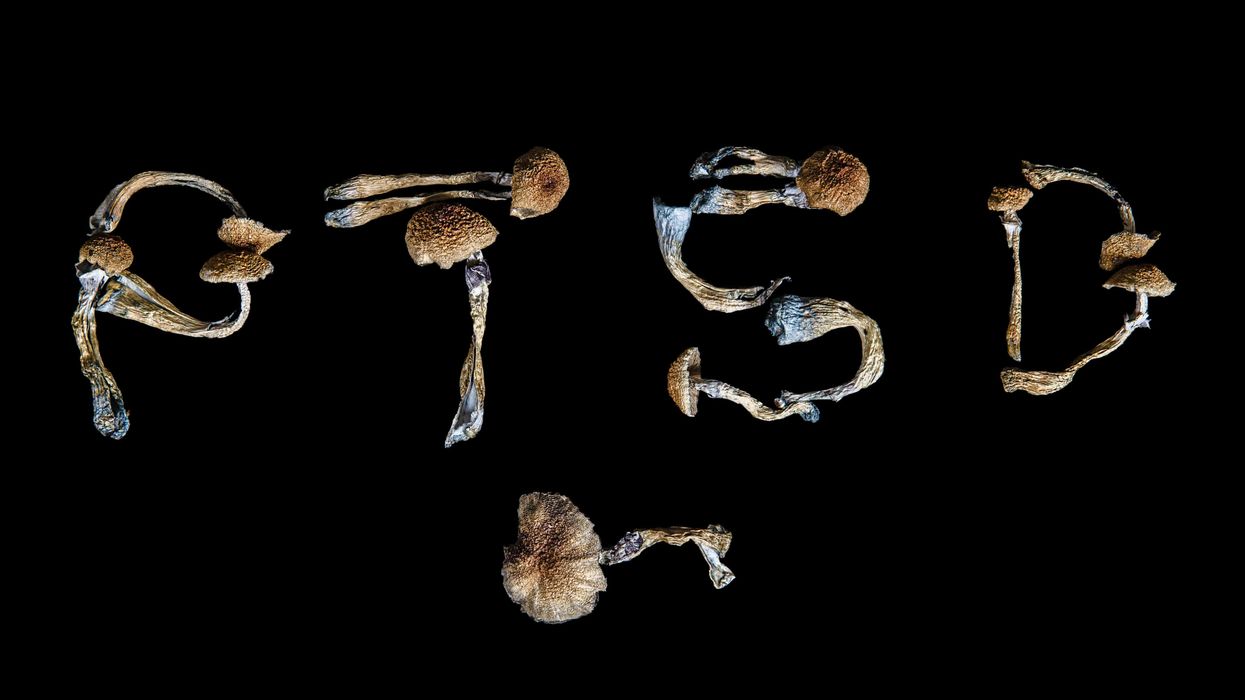

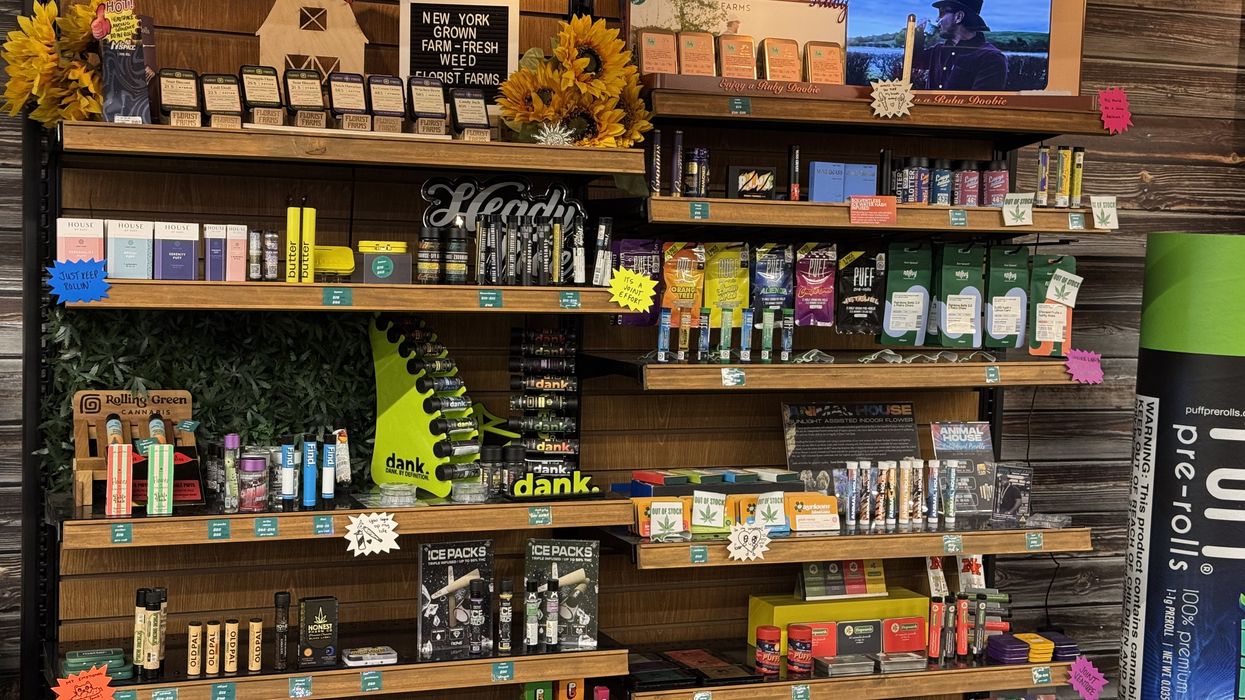
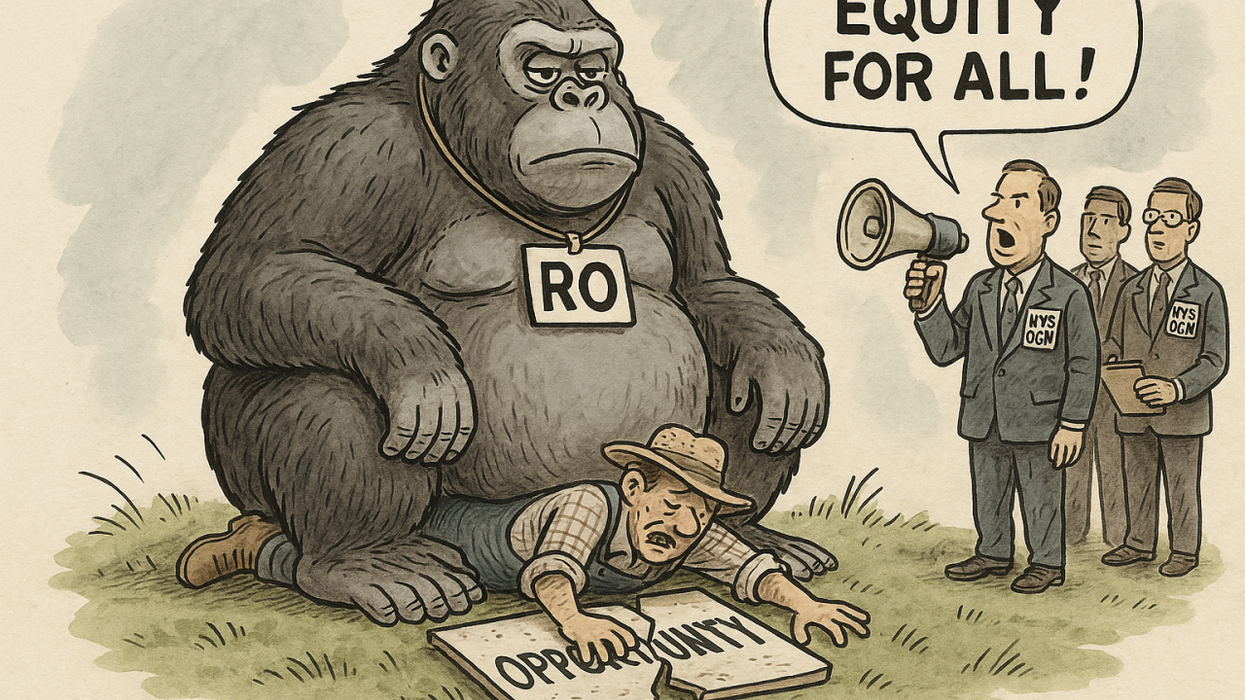

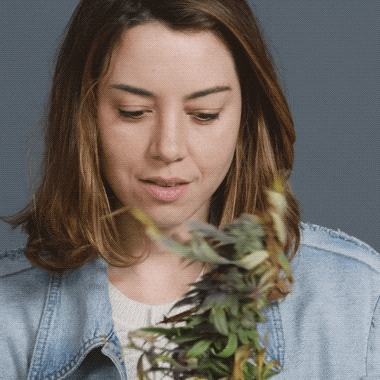

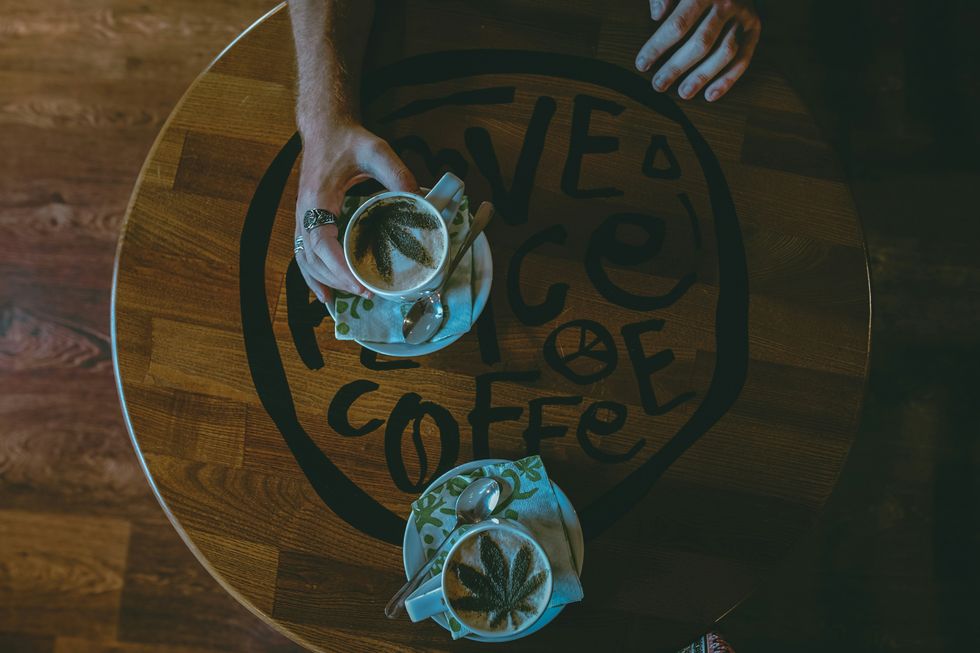 Coffee & Weed: A Modern Spin on the Hippie Speedball - The Bluntness
Photo by
Coffee & Weed: A Modern Spin on the Hippie Speedball - The Bluntness
Photo by 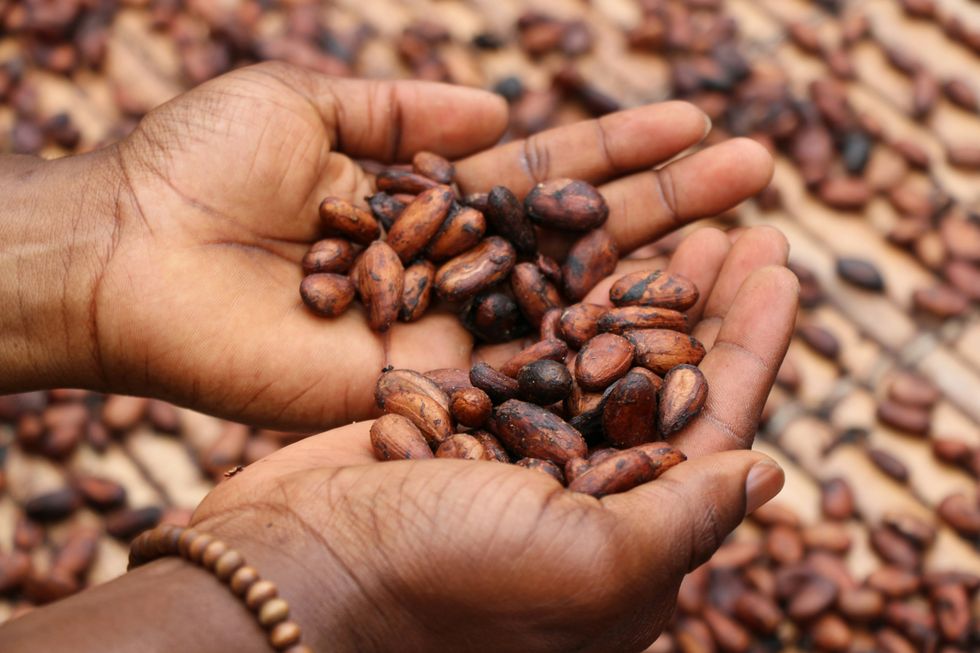 Coffee & Weed: A Modern Spin on the Hippie Speedball - The Bluntness
Photo by
Coffee & Weed: A Modern Spin on the Hippie Speedball - The Bluntness
Photo by 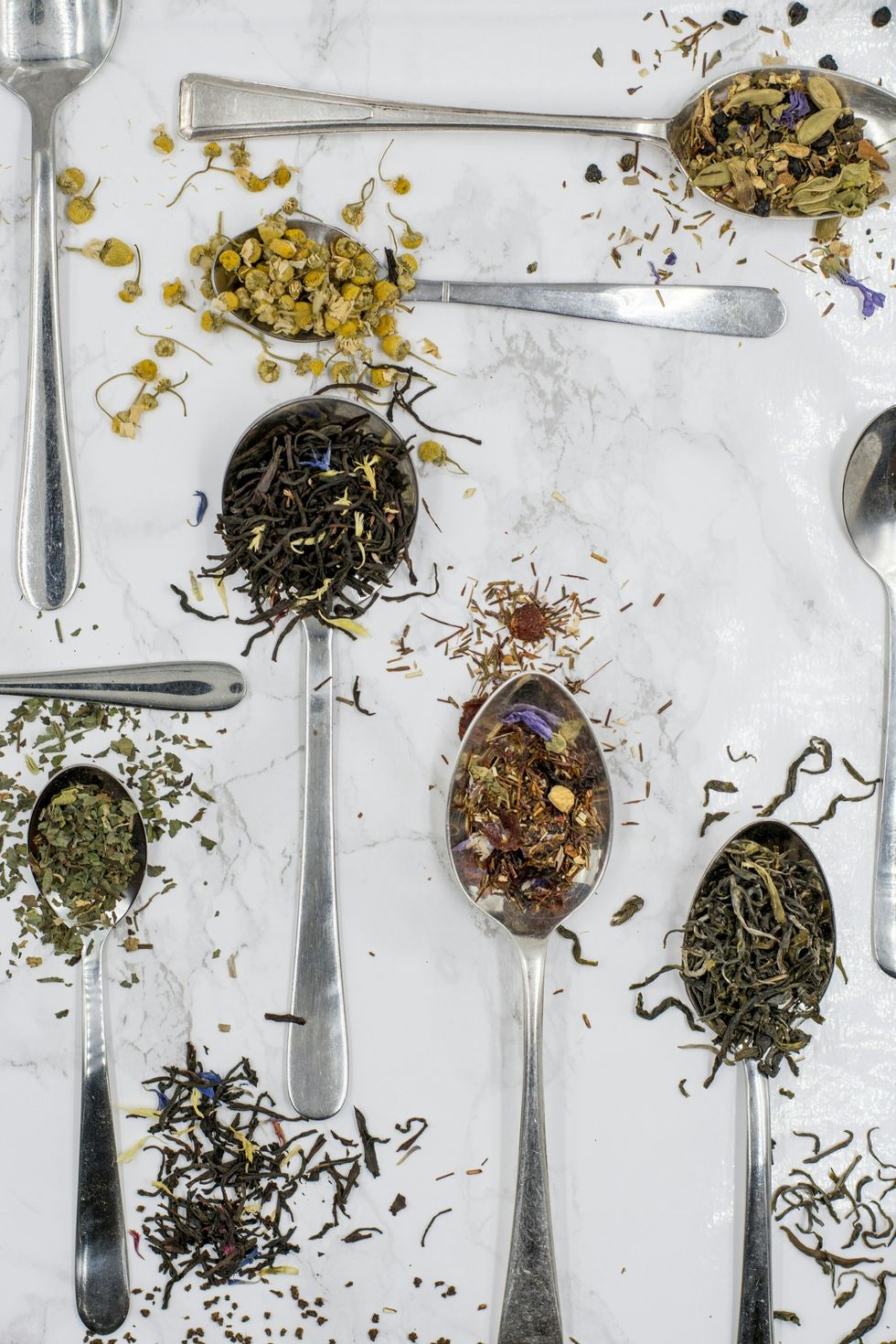 Coffee & Weed: A Modern Spin on the Hippie Speedball - The Bluntness
Photo by
Coffee & Weed: A Modern Spin on the Hippie Speedball - The Bluntness
Photo by 




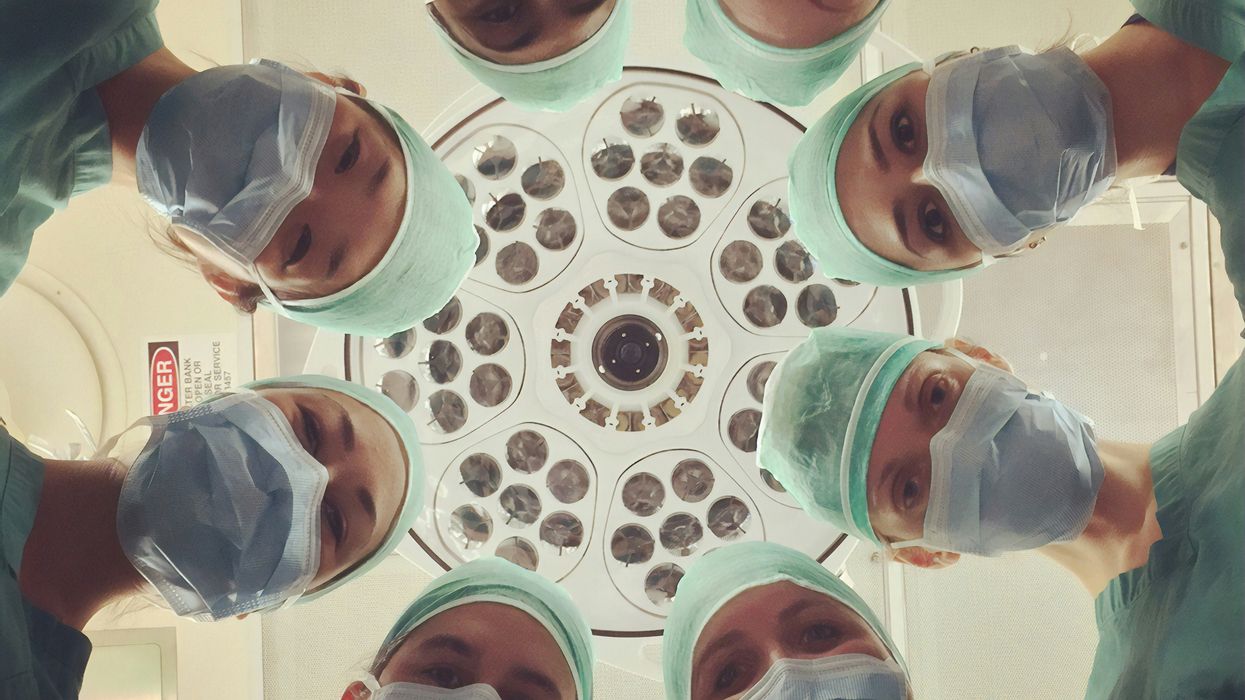

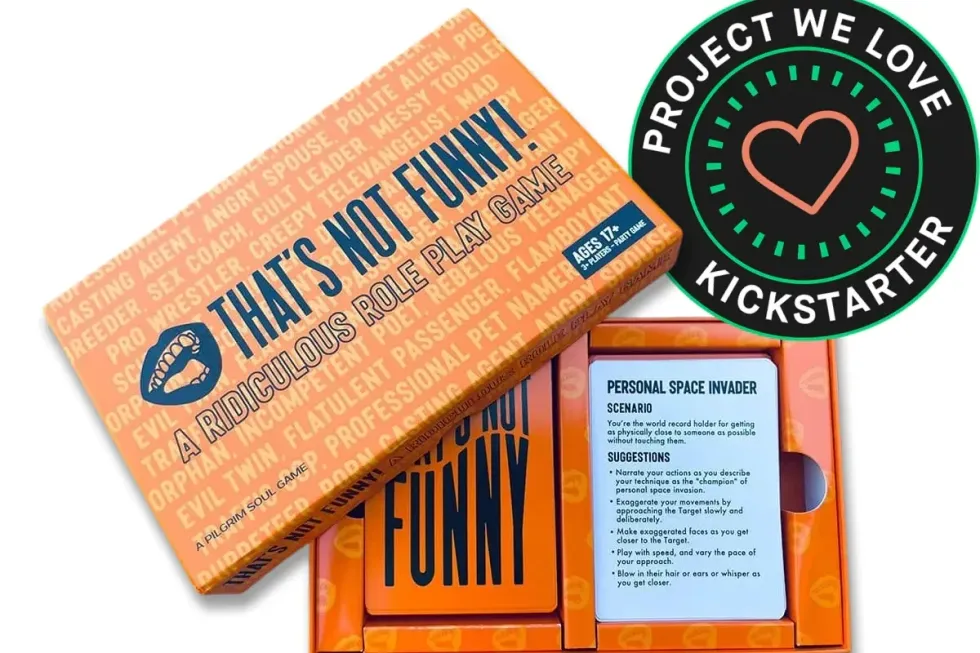
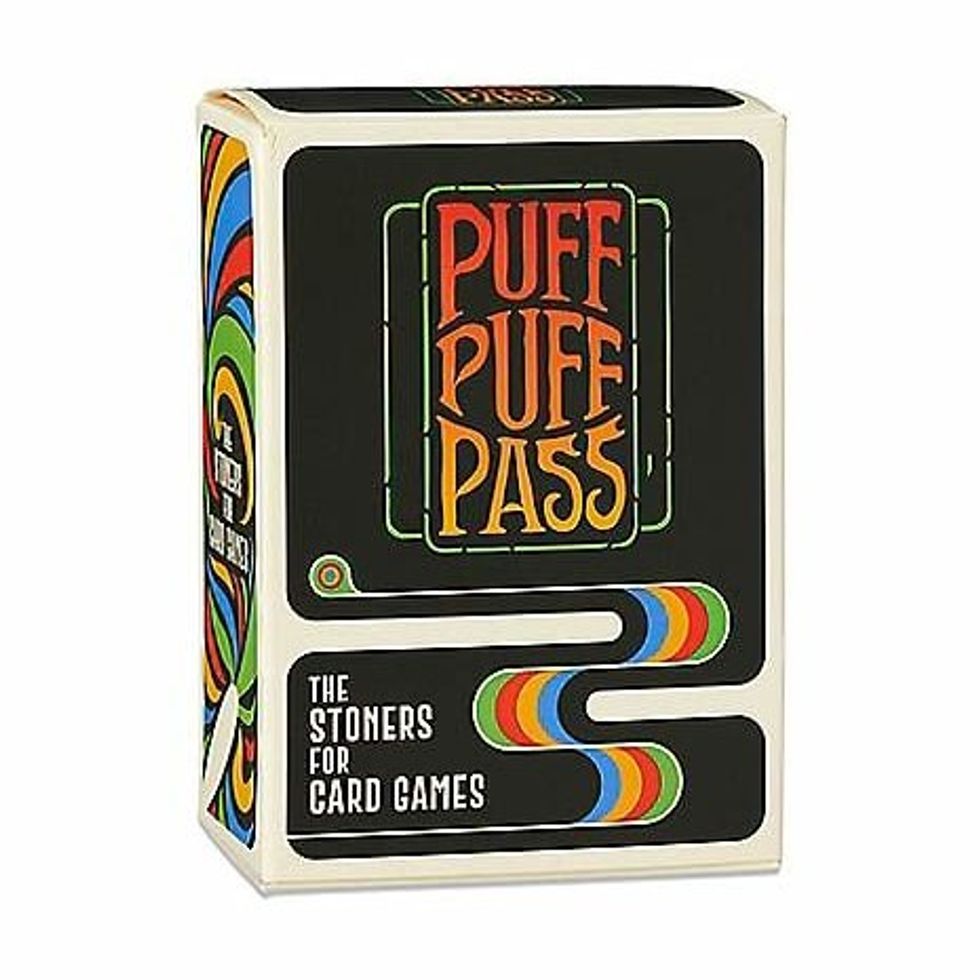
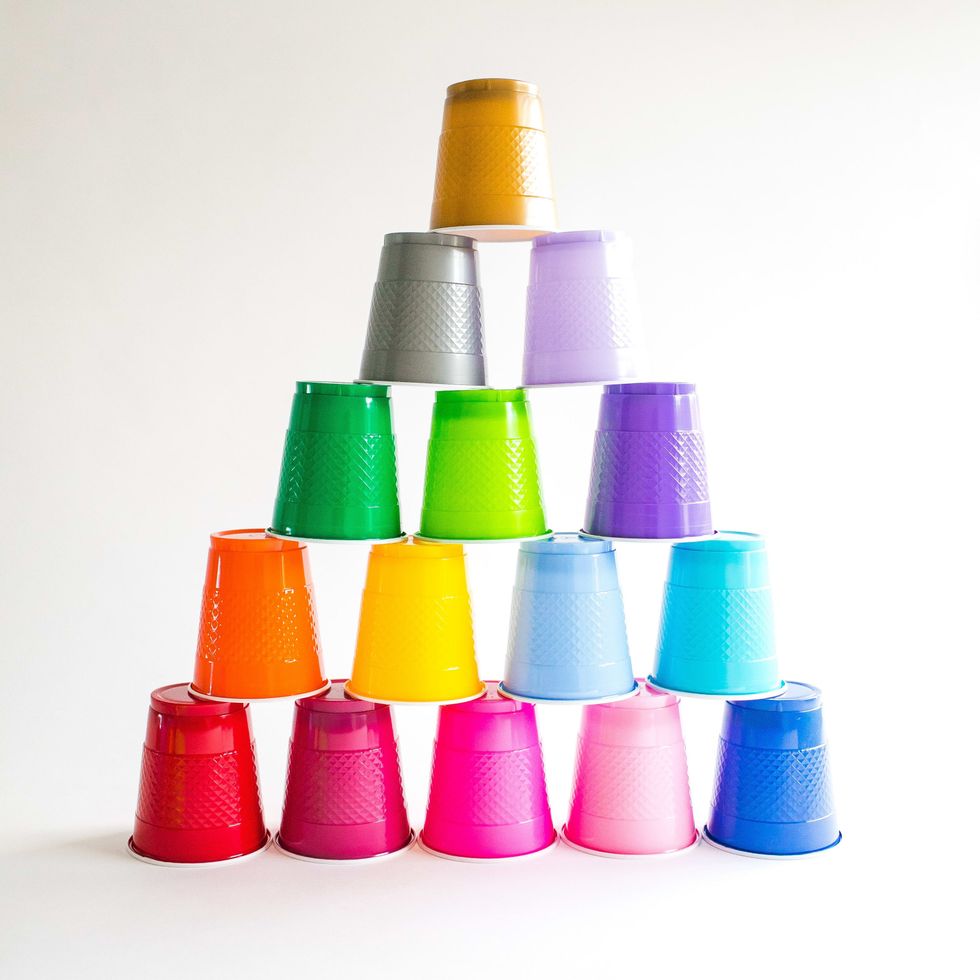
 Best Weed Smoking Games to Try - Jammin'
Best Weed Smoking Games to Try - Jammin'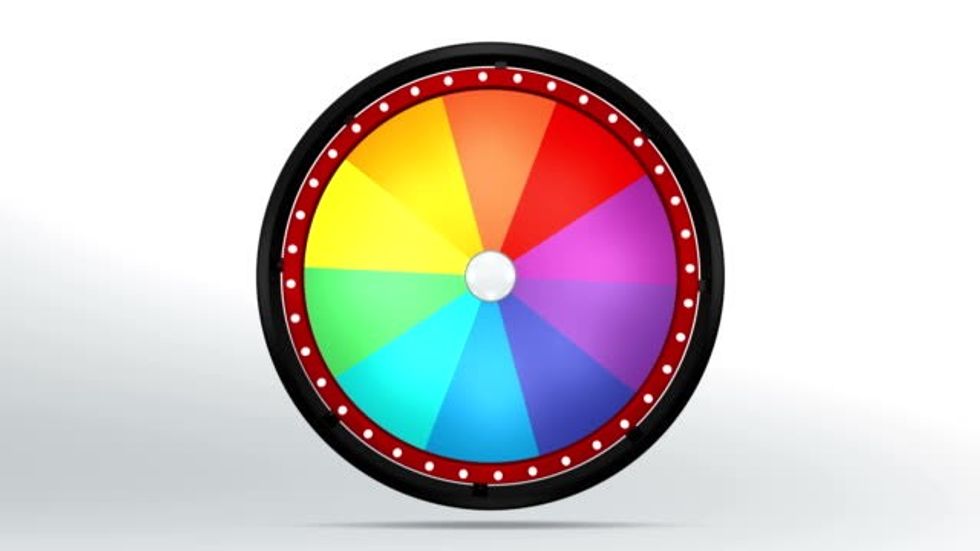 The 31 Best Weed Smoking Games To Try
The 31 Best Weed Smoking Games To Try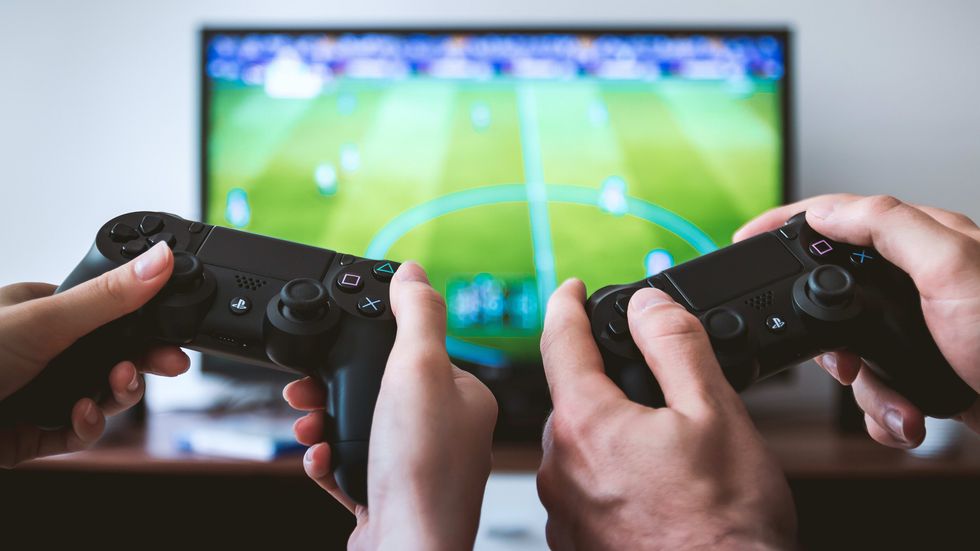 The Best Weed Smoking Games
The Best Weed Smoking Games The Best Weed Smoking Games to Try
The Best Weed Smoking Games to Try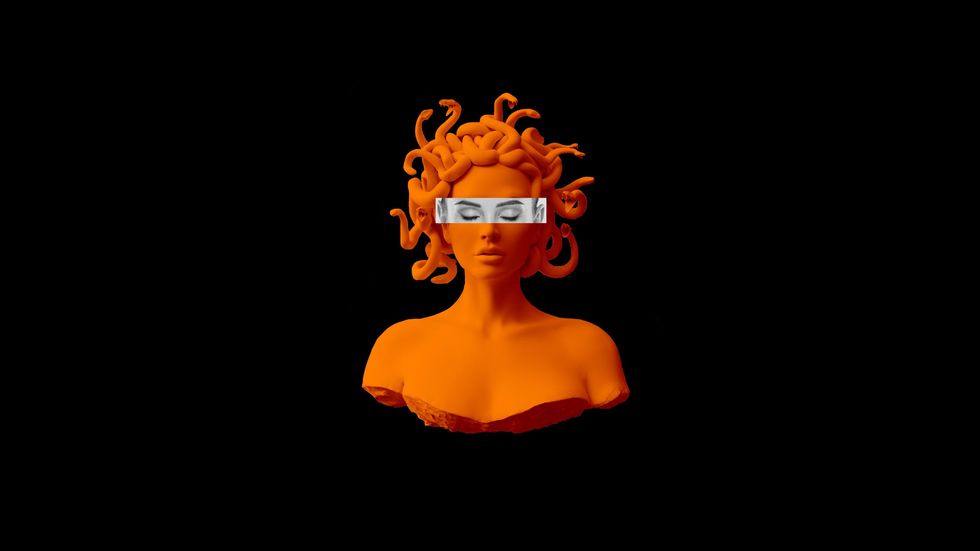
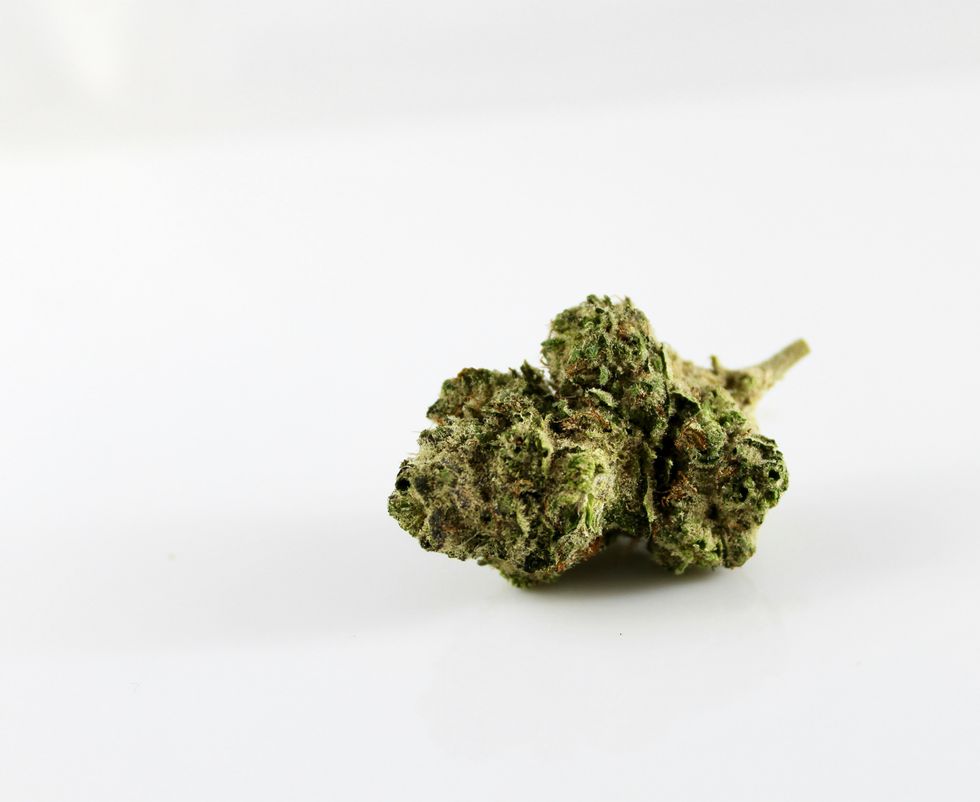
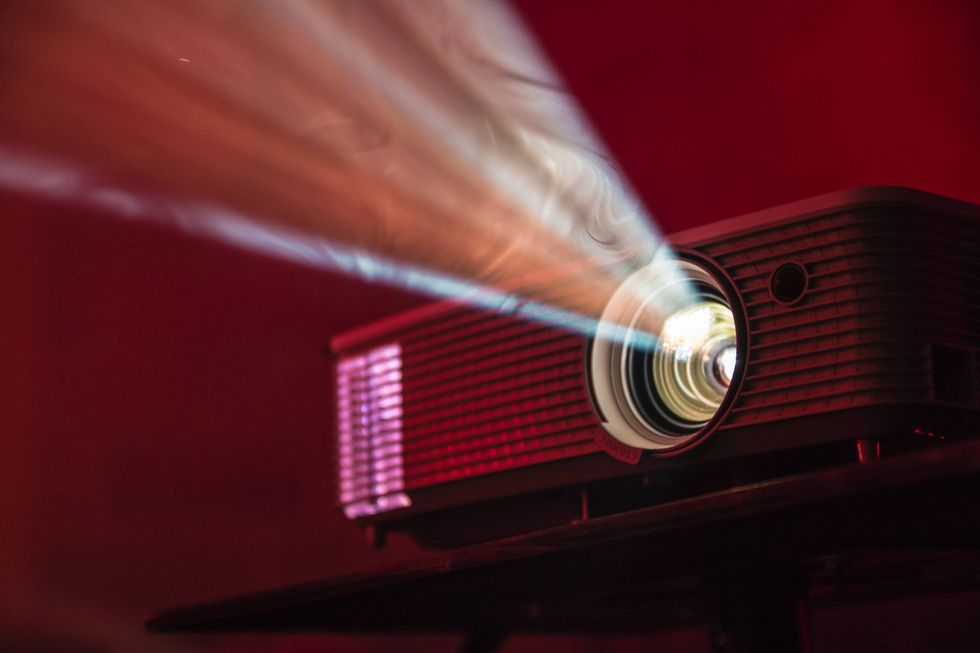 Stoner Games - Games to Play While High
Stoner Games - Games to Play While High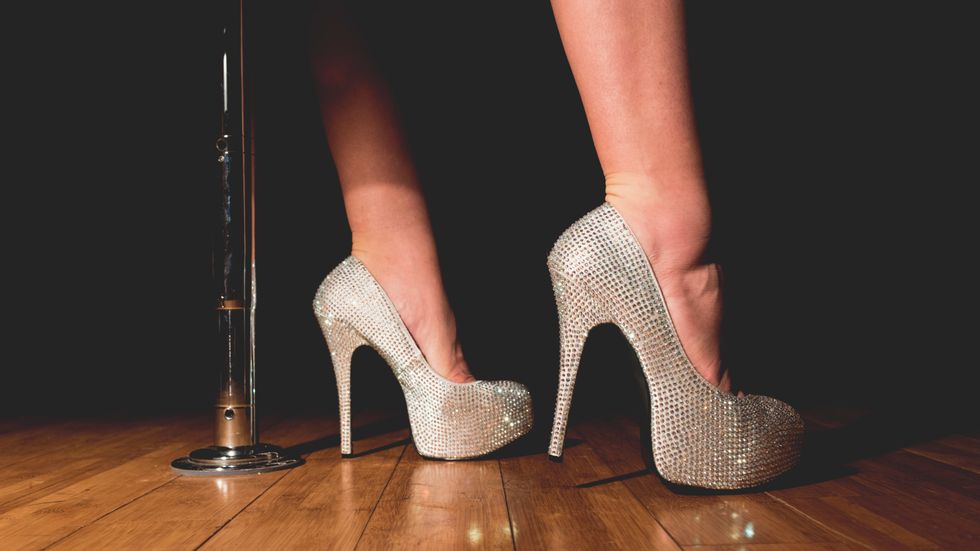 The Best Weed Smoking Games to Play
The Best Weed Smoking Games to Play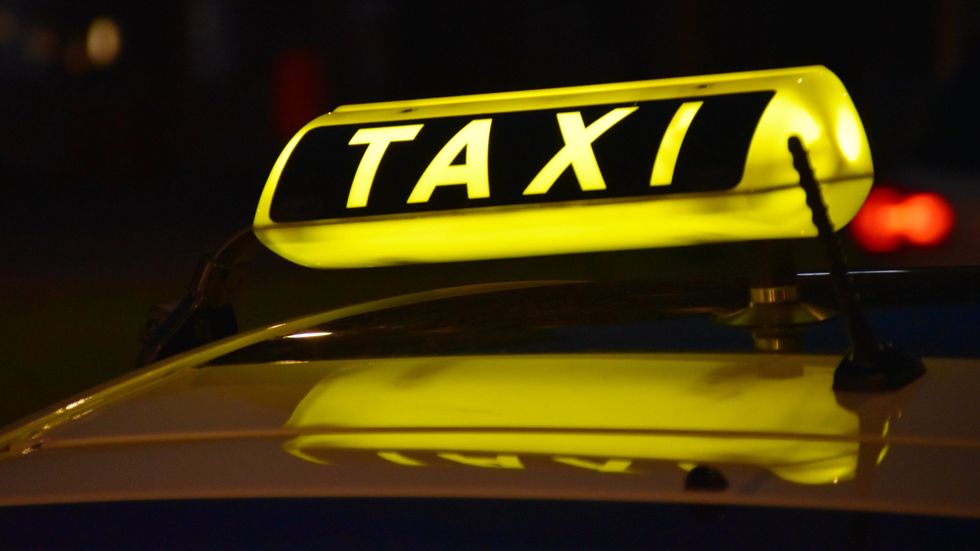 The Best Weed Smoking Games to Try
The Best Weed Smoking Games to Try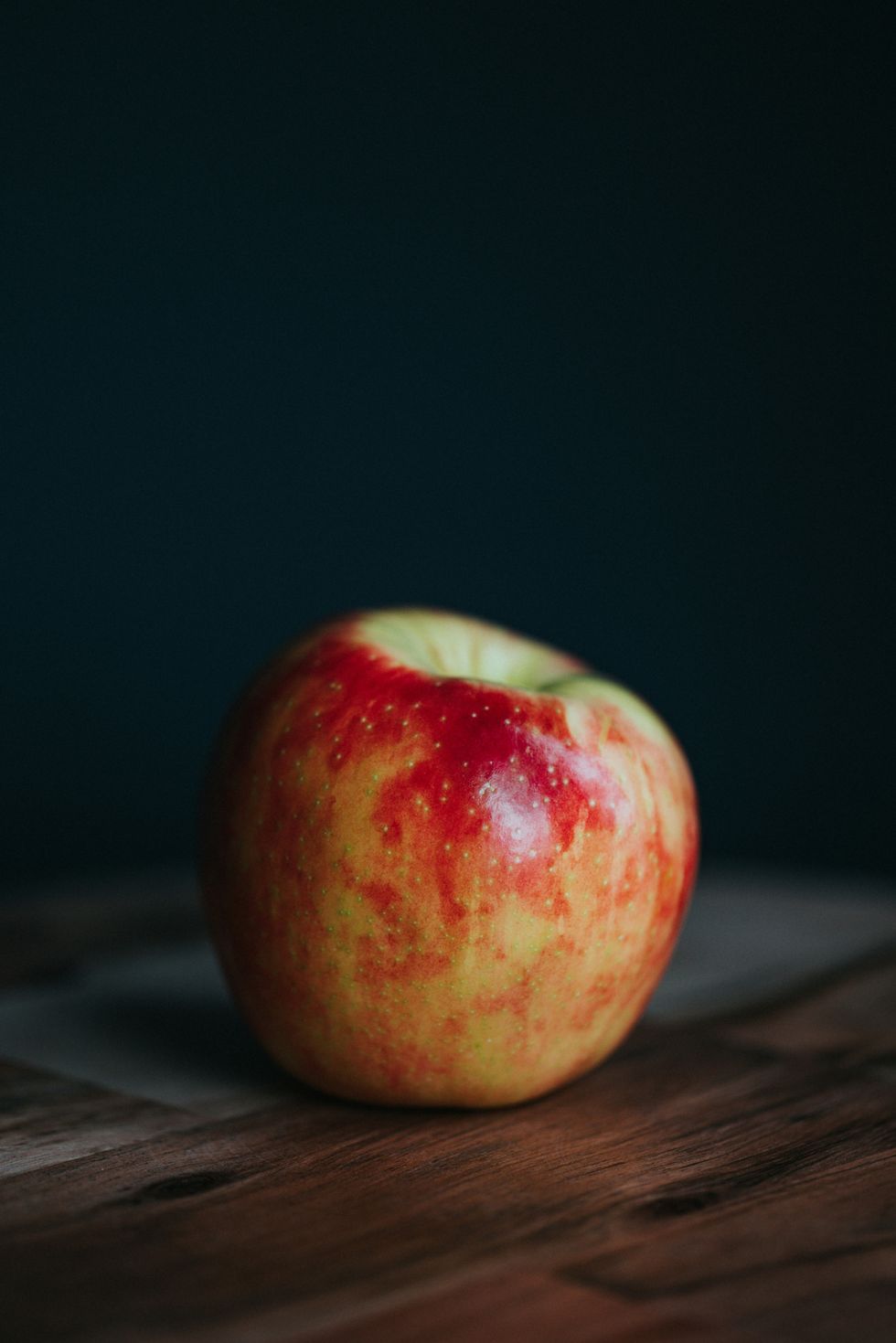
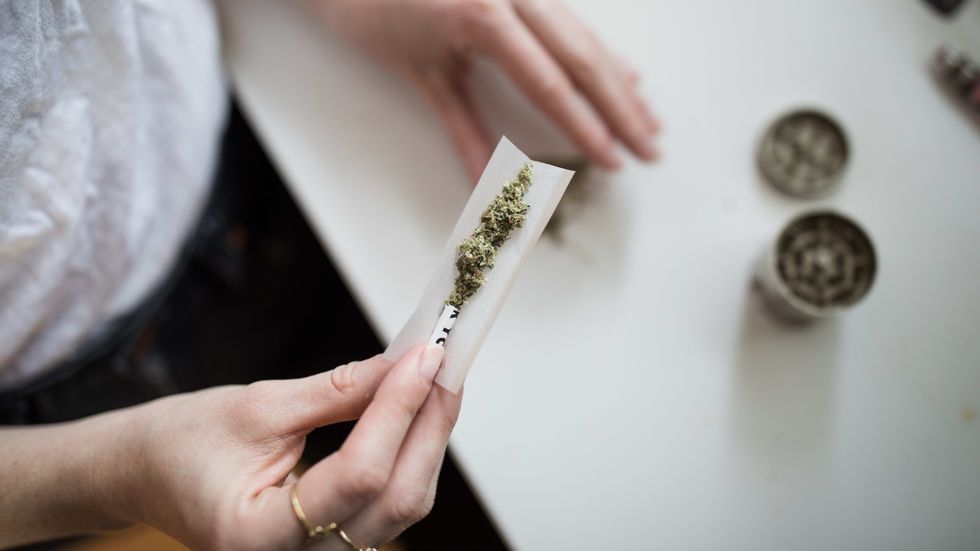 The Best Weed Smoking Games to Try
The Best Weed Smoking Games to Try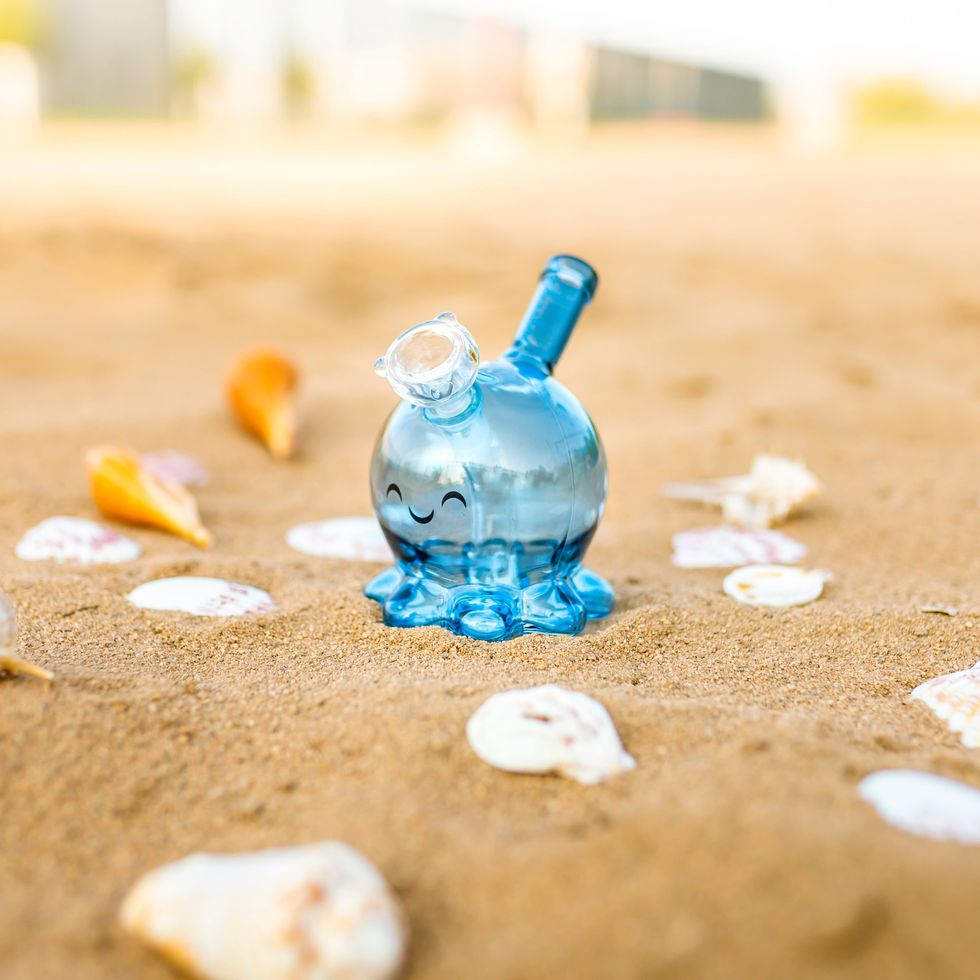
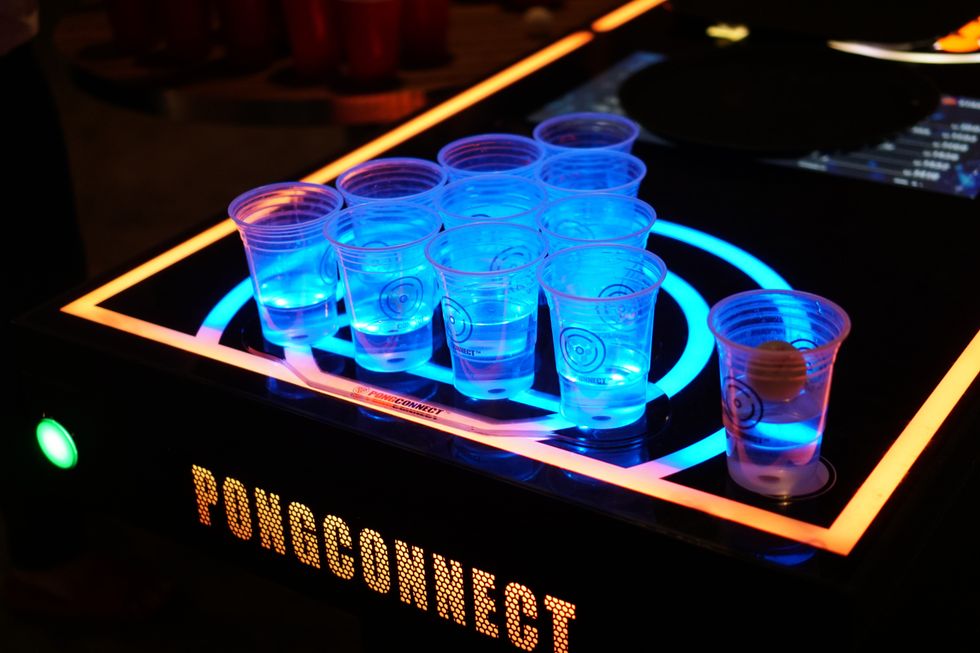 The Best Weed Smoking Games to Play
The Best Weed Smoking Games to Play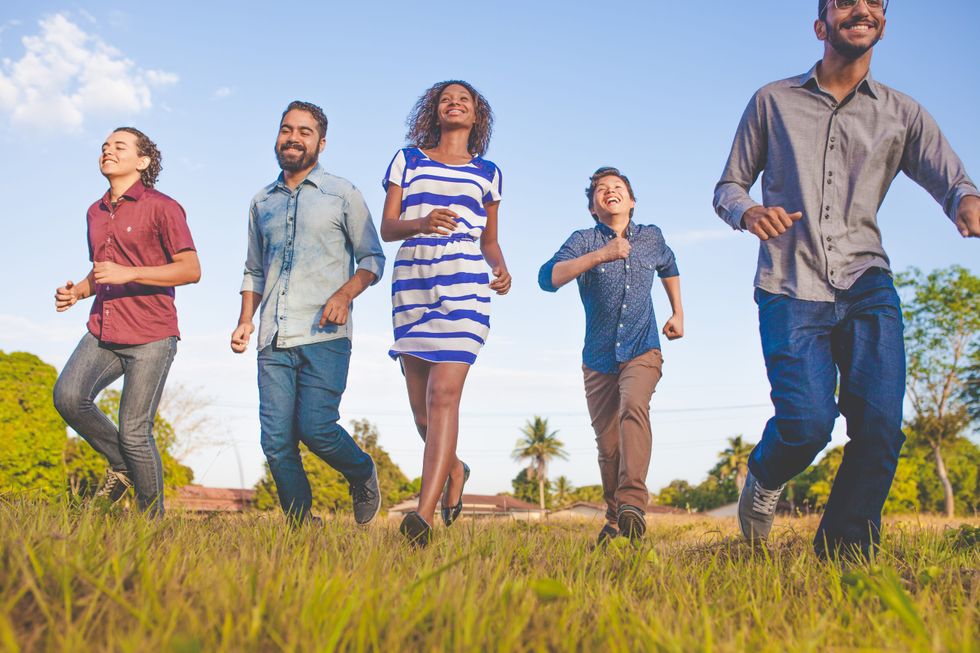 The Best Weed Games to Play
The Best Weed Games to Play The Best Weed Smoking Games to Try
The Best Weed Smoking Games to Try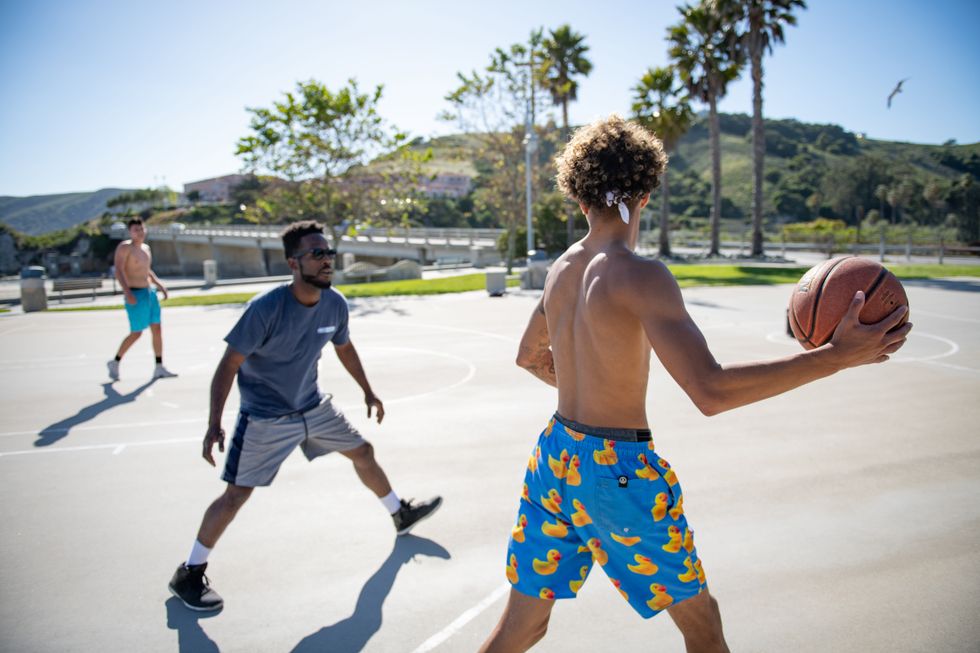 The Best Weed Smoking Games to Play
The Best Weed Smoking Games to Play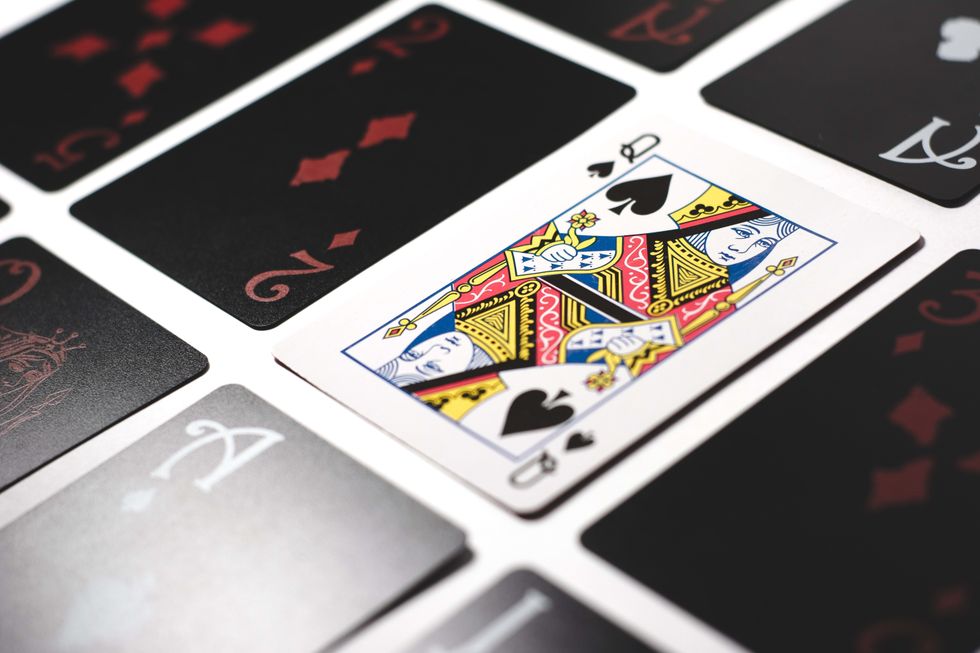 The Best Weed Smoking Games to Try
The Best Weed Smoking Games to Try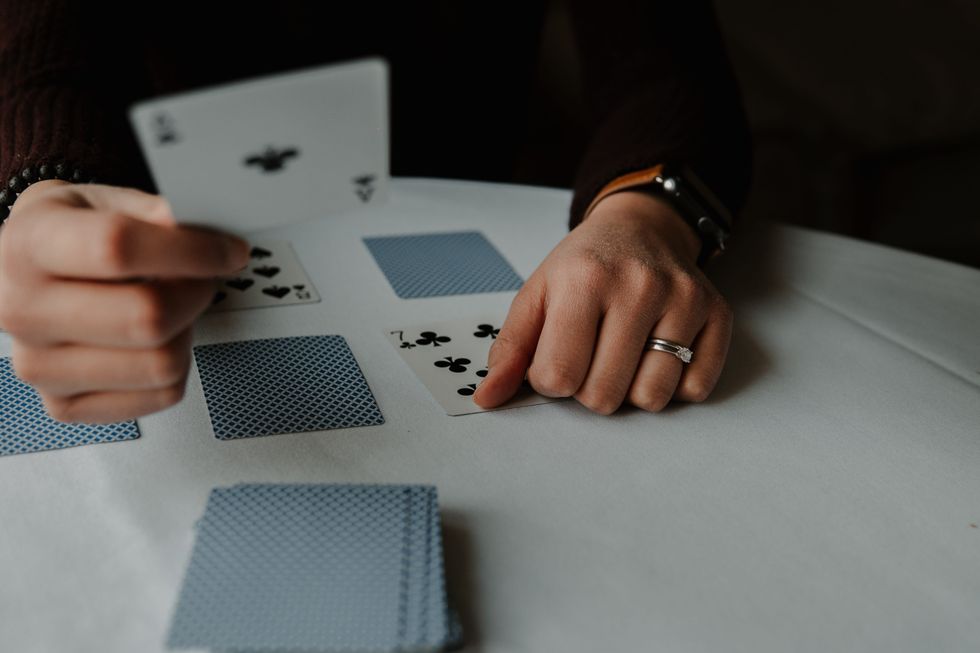 Games for Stoners
Games for Stoners 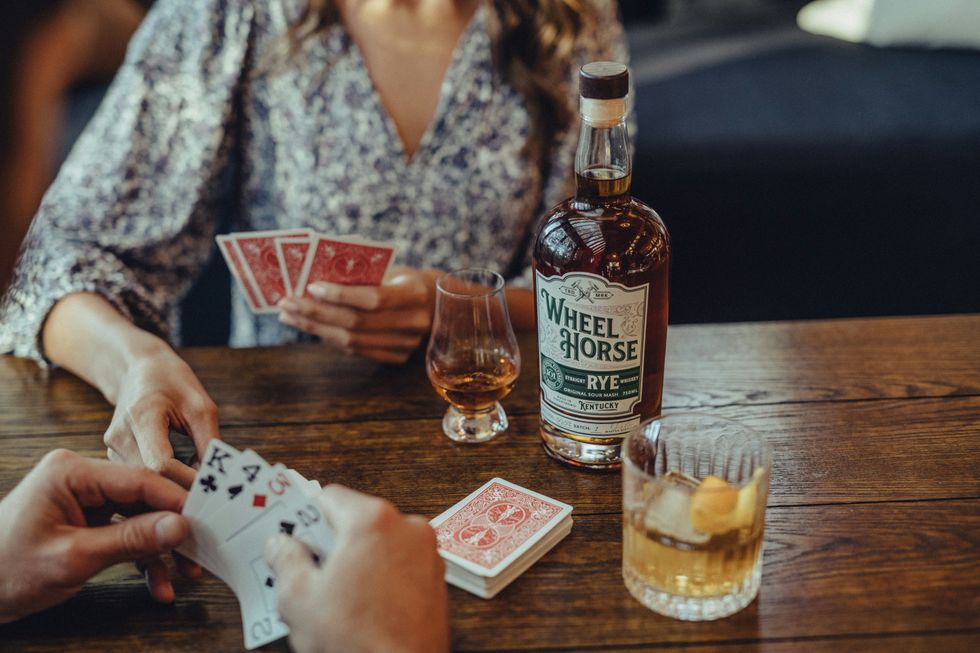 woman in white and blue floral shirt sitting beside woman in white and black floral shirtPhoto by
woman in white and blue floral shirt sitting beside woman in white and black floral shirtPhoto by 
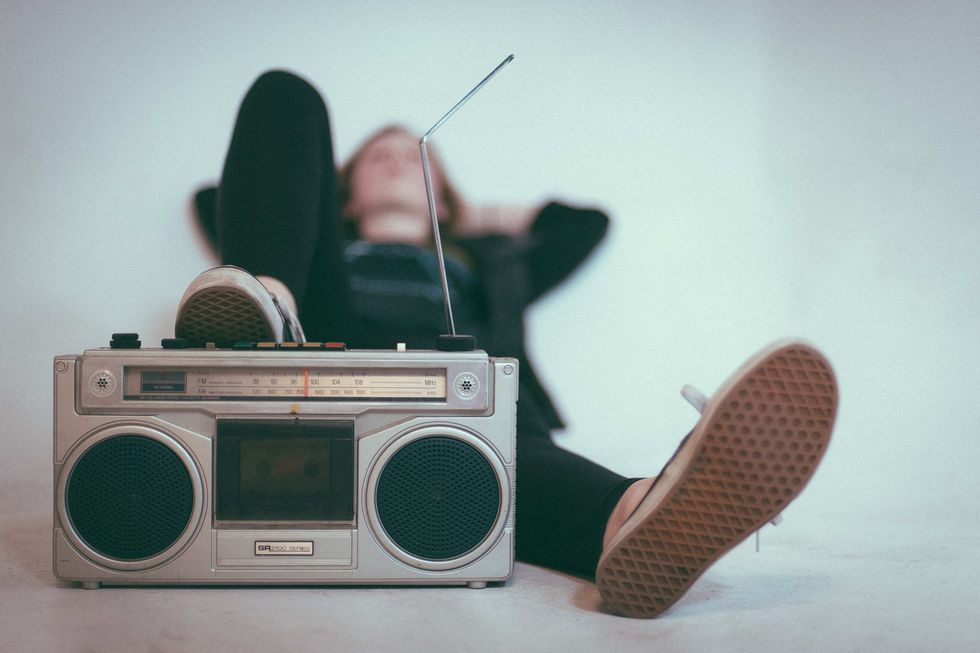 The Best Weed Smoking Games to Play
The Best Weed Smoking Games to Play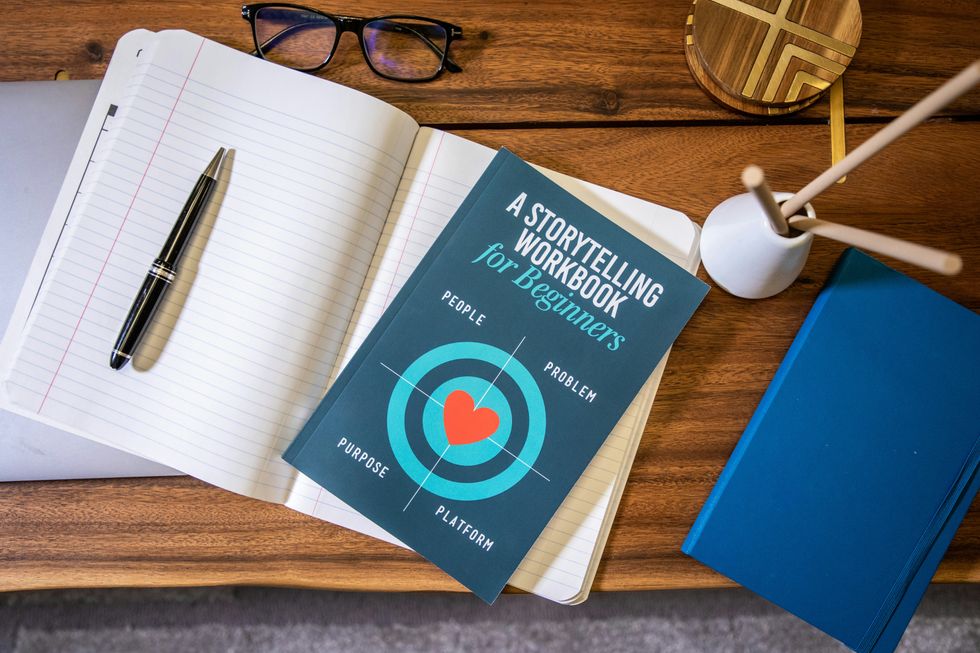
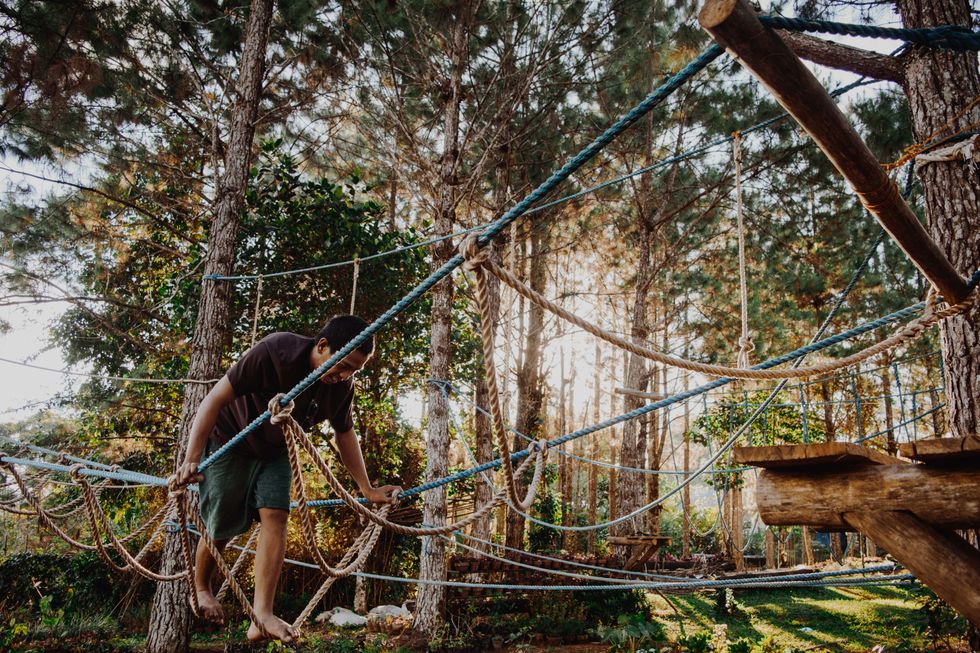 The Best Weed Smoking Games to Try
The Best Weed Smoking Games to Try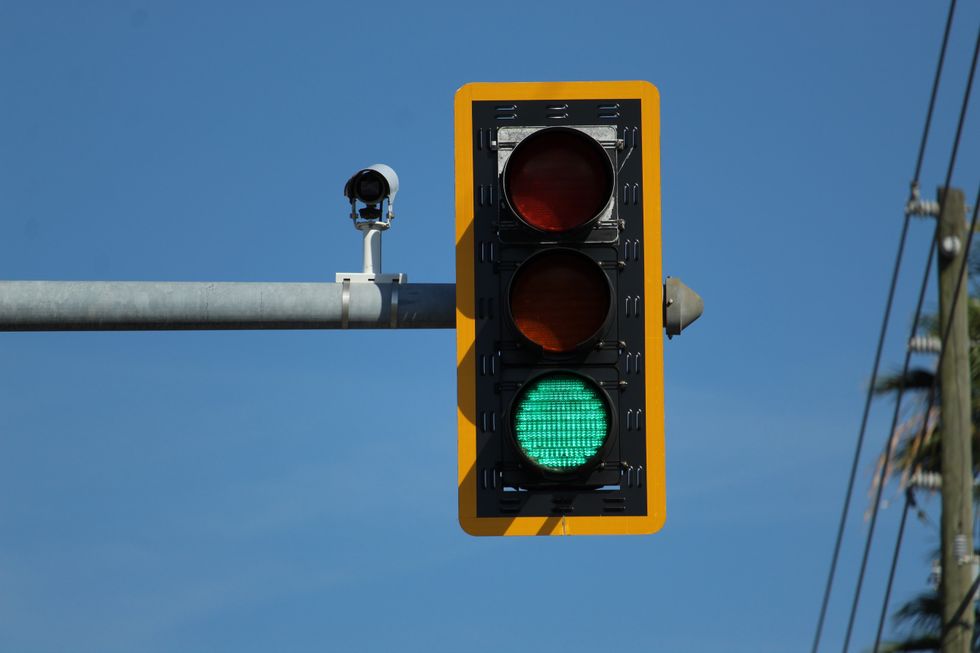 The Best Weed Smoking Games to Try
The Best Weed Smoking Games to Try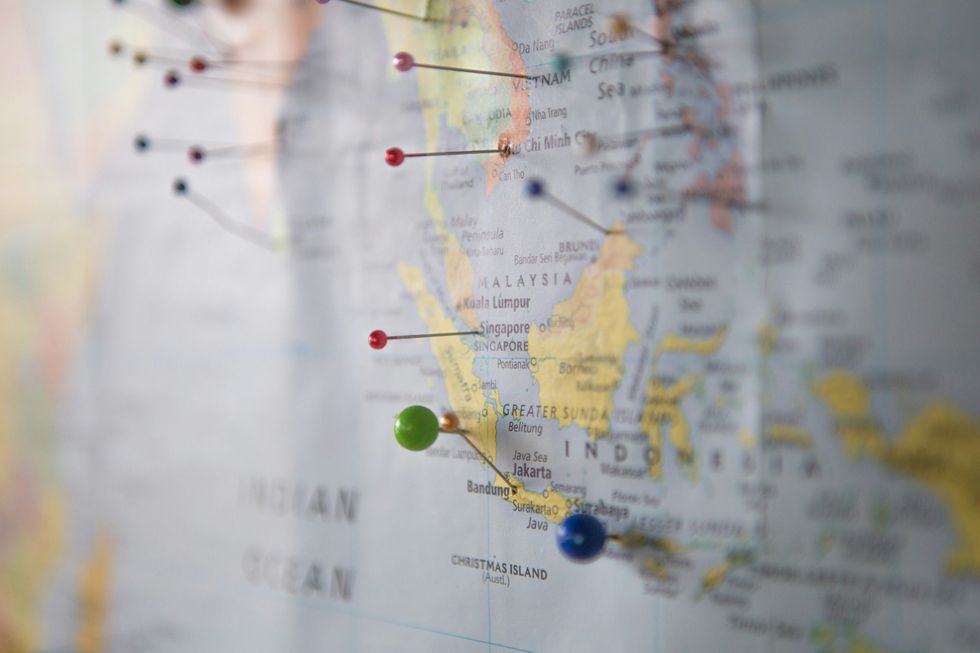 world map with pinsPhoto by
world map with pinsPhoto by 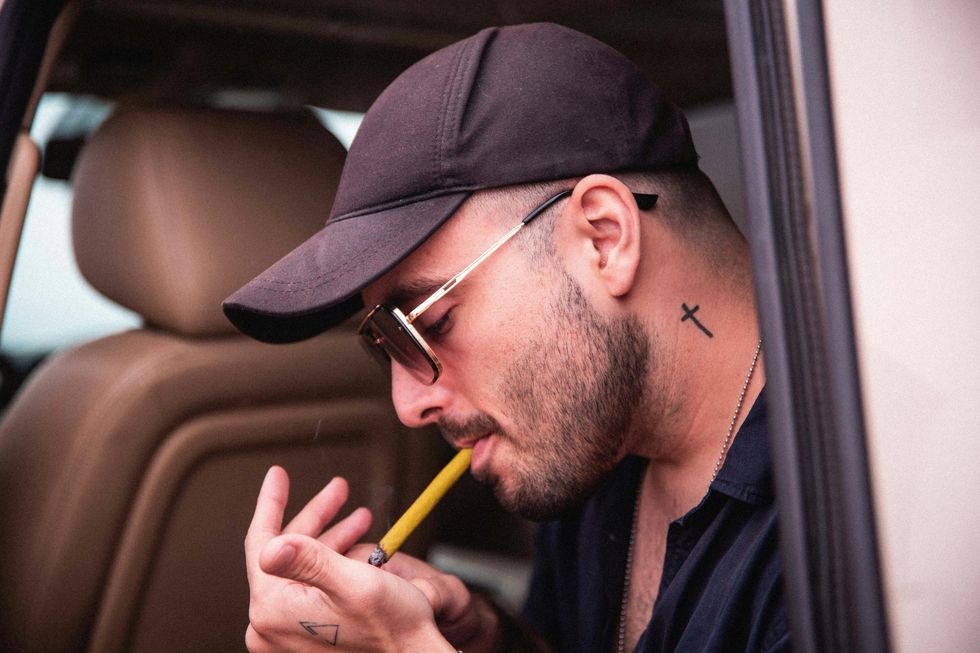
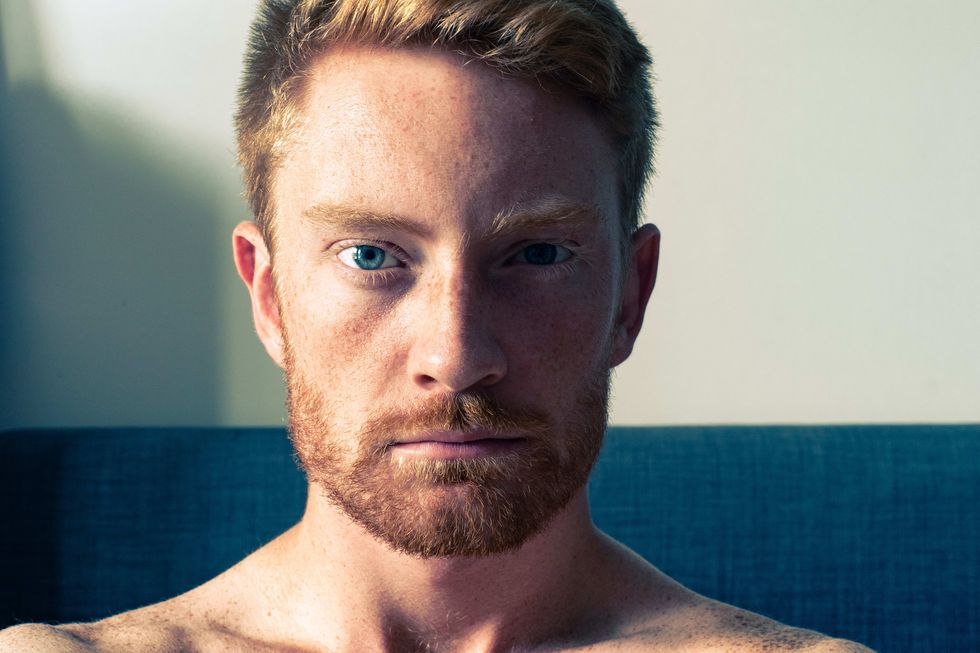 The Best Weed Smoking Games to Try
The Best Weed Smoking Games to Try
 The Truth About THC Candle: Cannabis Candles & How to Make Your Own - The Bluntness
Photo by
The Truth About THC Candle: Cannabis Candles & How to Make Your Own - The Bluntness
Photo by 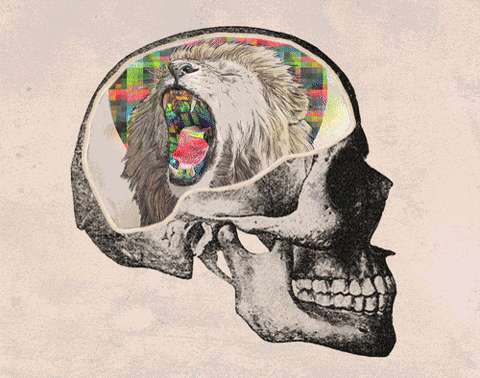
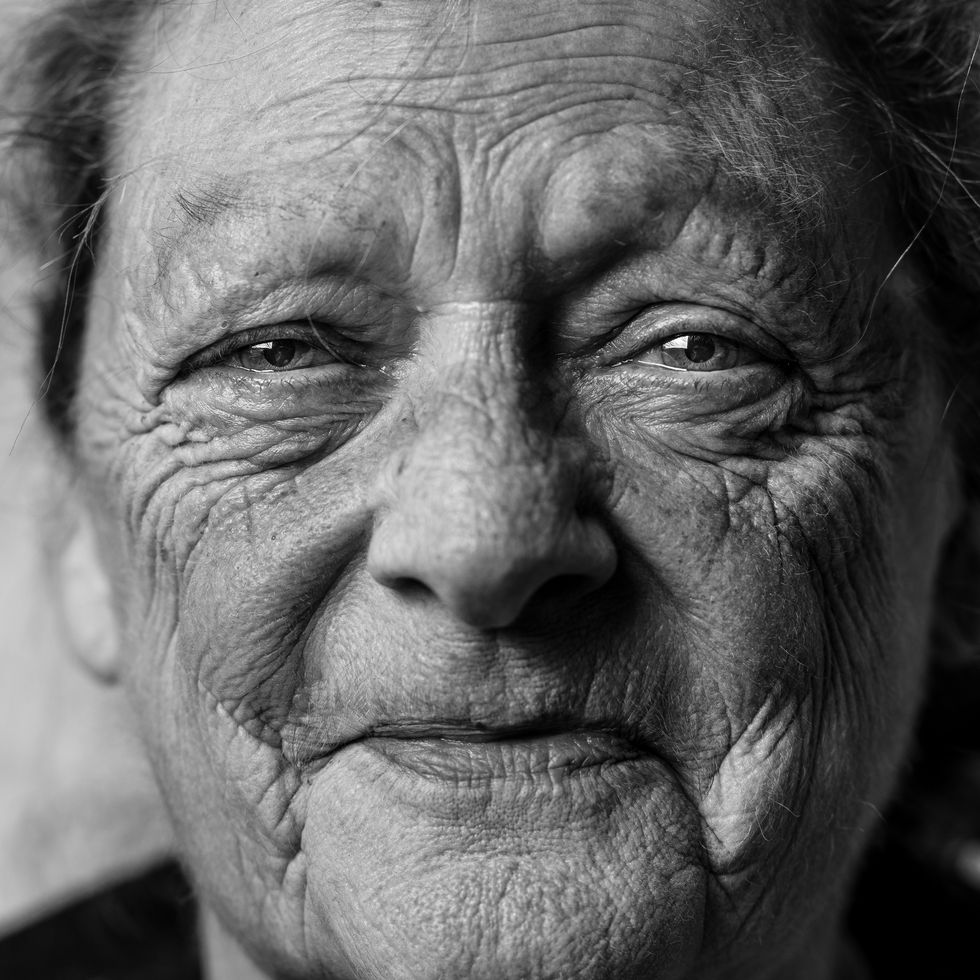 Cannabis and Aging: A Groundbreaking Study Challenges Long-Held Beliefs
Photo by
Cannabis and Aging: A Groundbreaking Study Challenges Long-Held Beliefs
Photo by 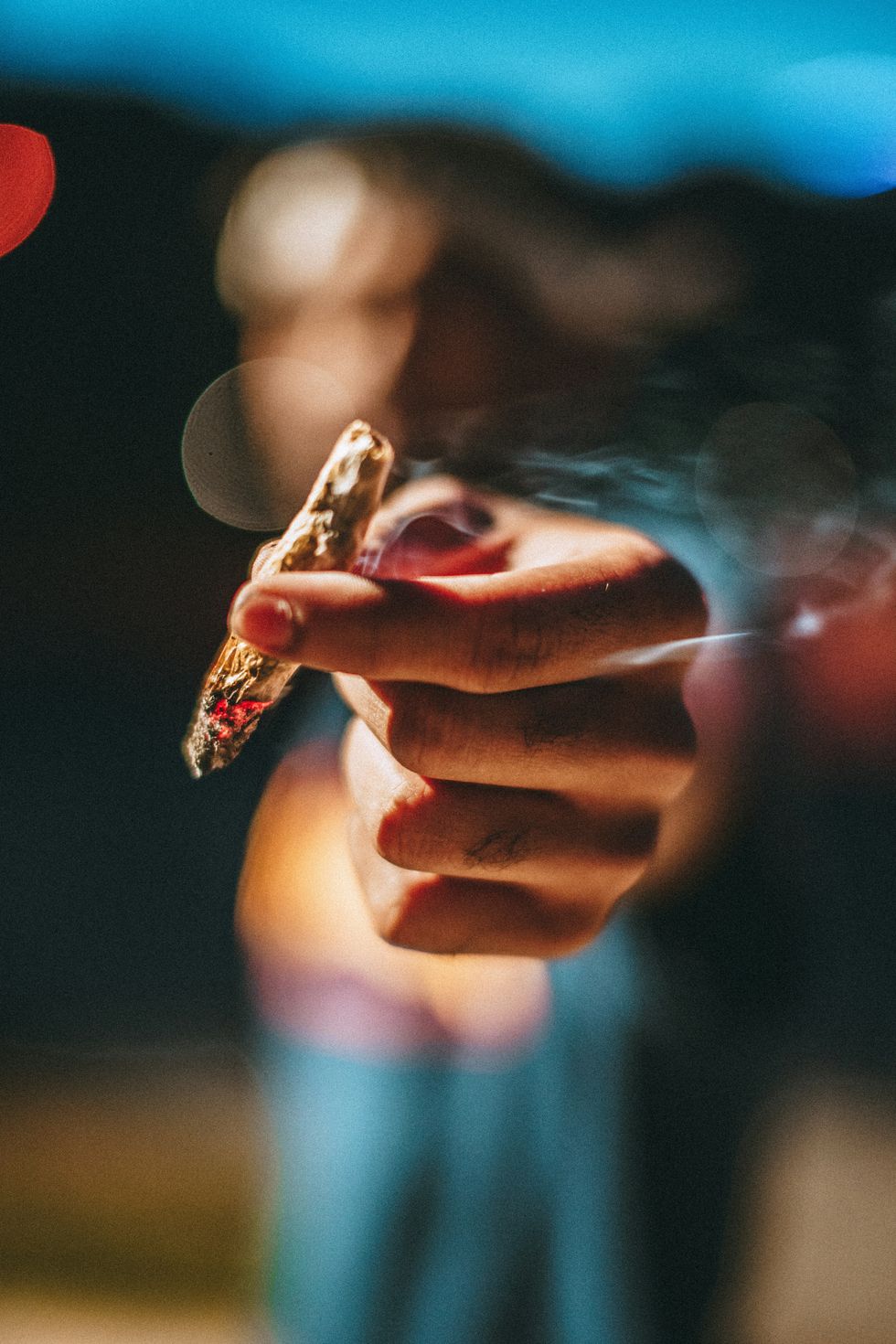 Cannabis and Aging: A Groundbreaking Study Challenges Long-Held Beliefs
Photo by
Cannabis and Aging: A Groundbreaking Study Challenges Long-Held Beliefs
Photo by 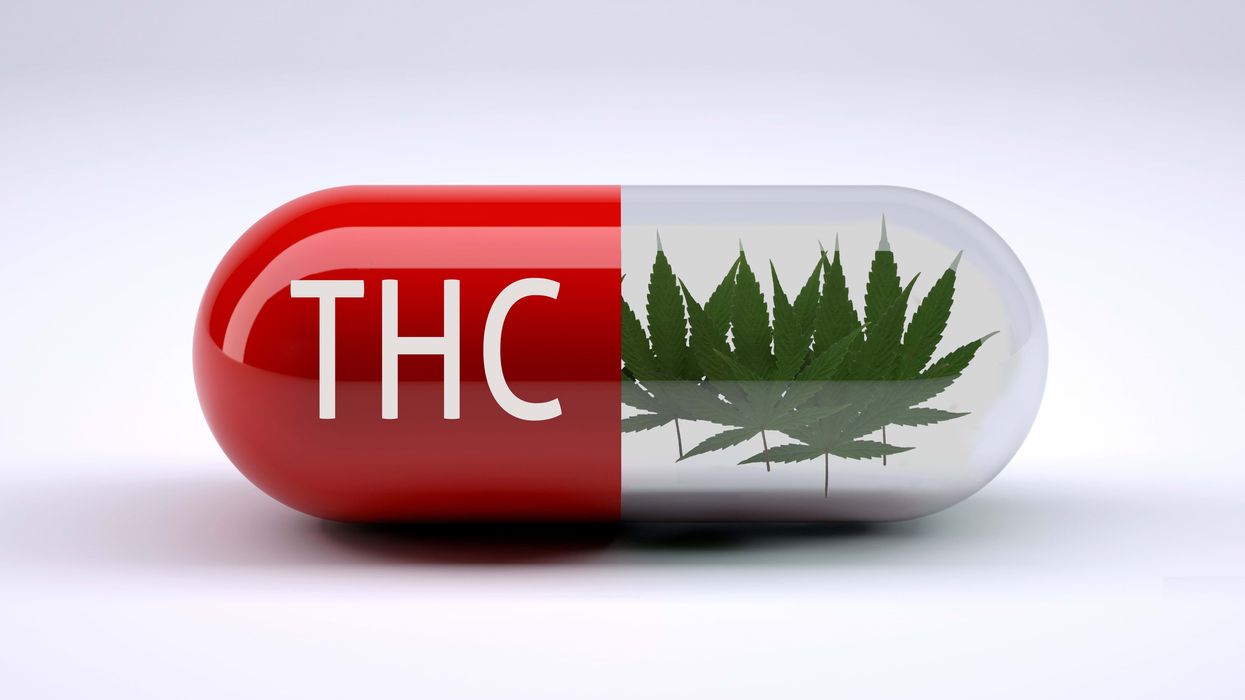
 Humankind has been using THC for millennia.
Humankind has been using THC for millennia.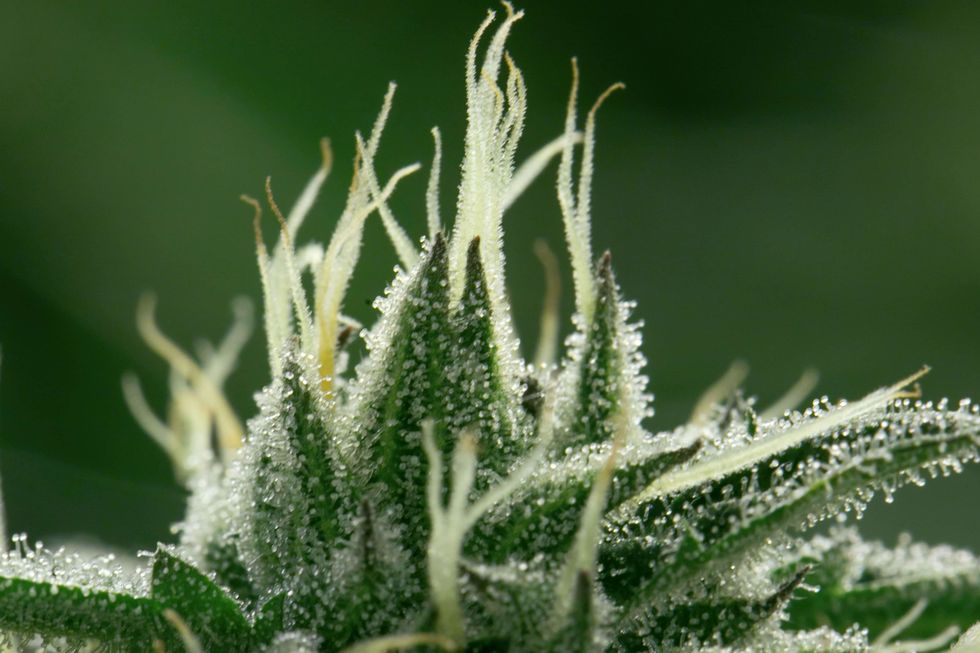 Those little, sugar-like crystals are the sticky trichomes that house special chemicals including cannabinoids and terpenes.
Those little, sugar-like crystals are the sticky trichomes that house special chemicals including cannabinoids and terpenes. Raw cannabis typically contains very little THC. Instead you get non-psychoactive THCA, which is converted into THC.
Raw cannabis typically contains very little THC. Instead you get non-psychoactive THCA, which is converted into THC.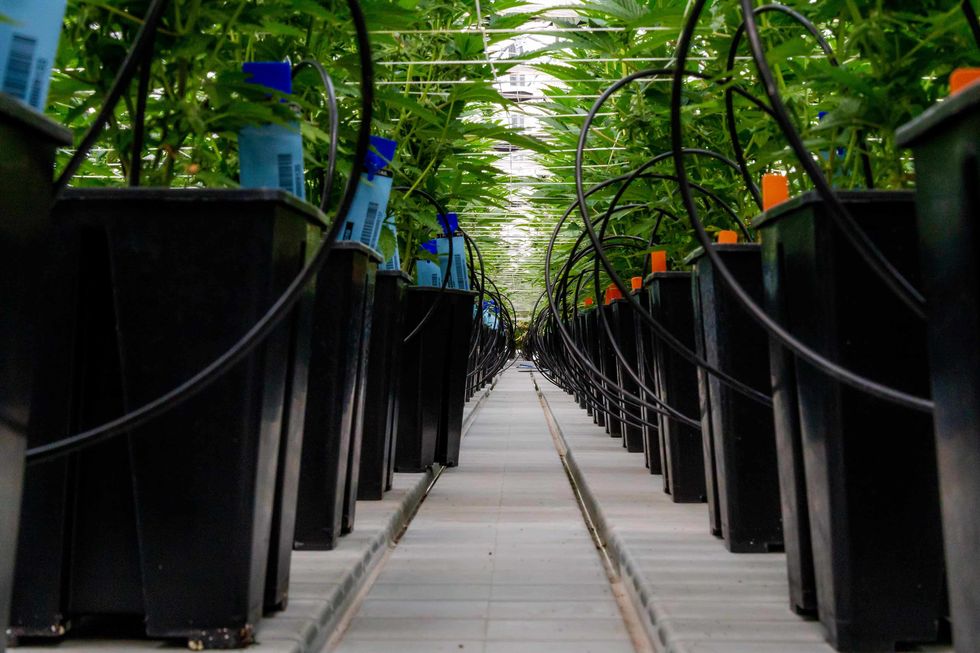 Cultivators are now breeding cannabis not just for THC, but other cannabinoids such as CBD, THCV, and more.
Cultivators are now breeding cannabis not just for THC, but other cannabinoids such as CBD, THCV, and more. Getting the most out of cannabis usually requires a bit of guidance and patience.
Getting the most out of cannabis usually requires a bit of guidance and patience.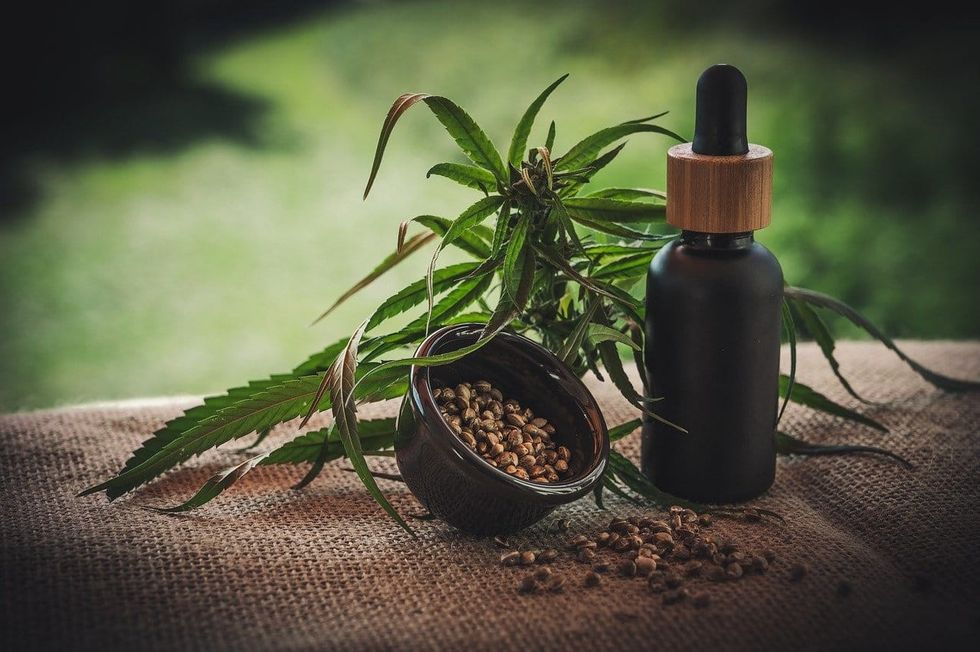 A lot of people think CBD is medical, and THC is for fun. This is an unfortunate misconception.
A lot of people think CBD is medical, and THC is for fun. This is an unfortunate misconception.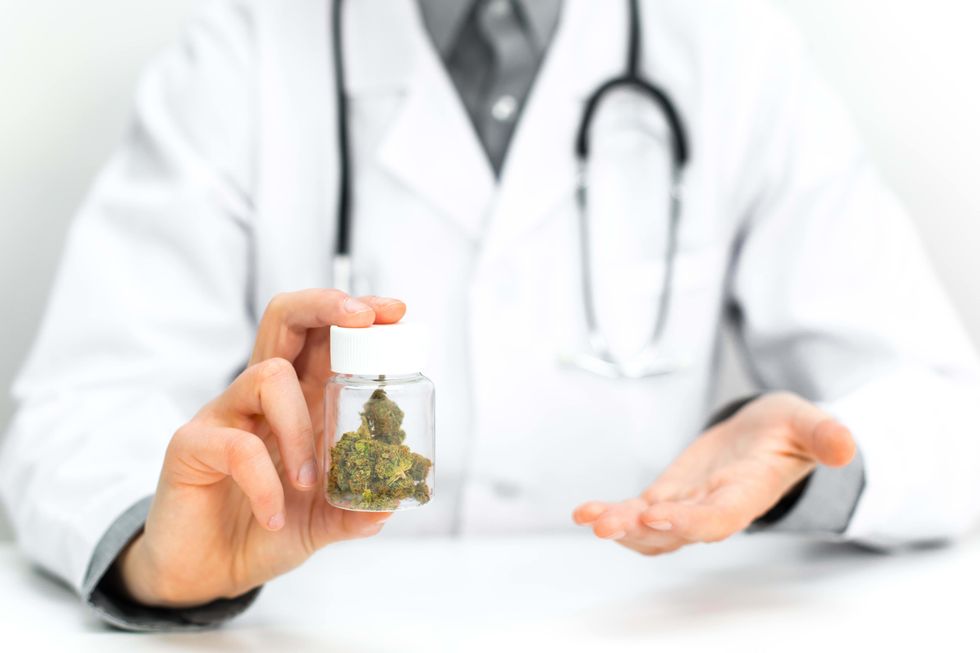 THC has a surprising amount of medical benefits.
THC has a surprising amount of medical benefits.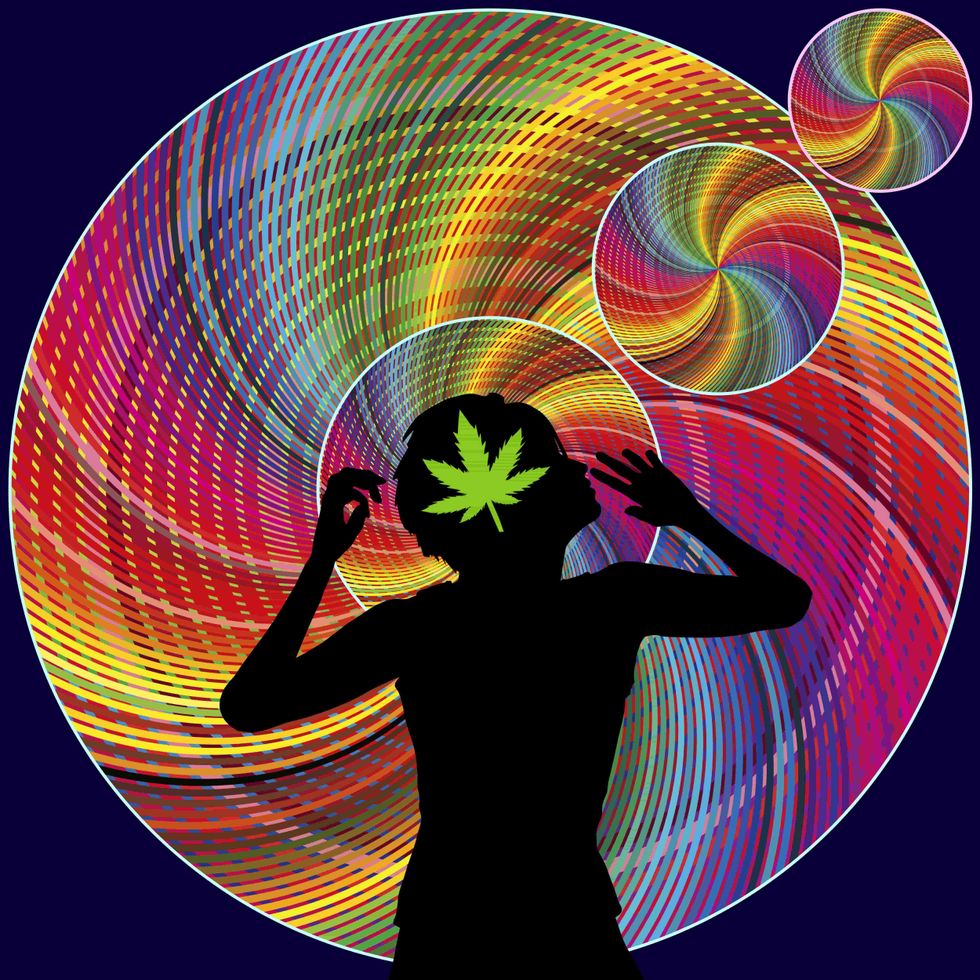 For some the cannabis high is an unwanted side effect, for others it's the main show.
For some the cannabis high is an unwanted side effect, for others it's the main show.